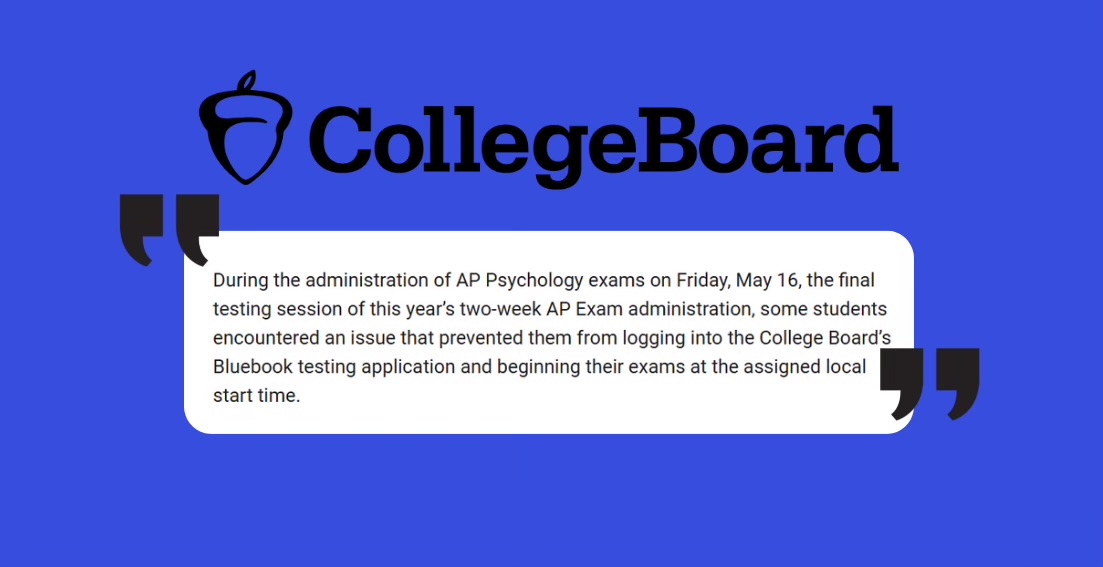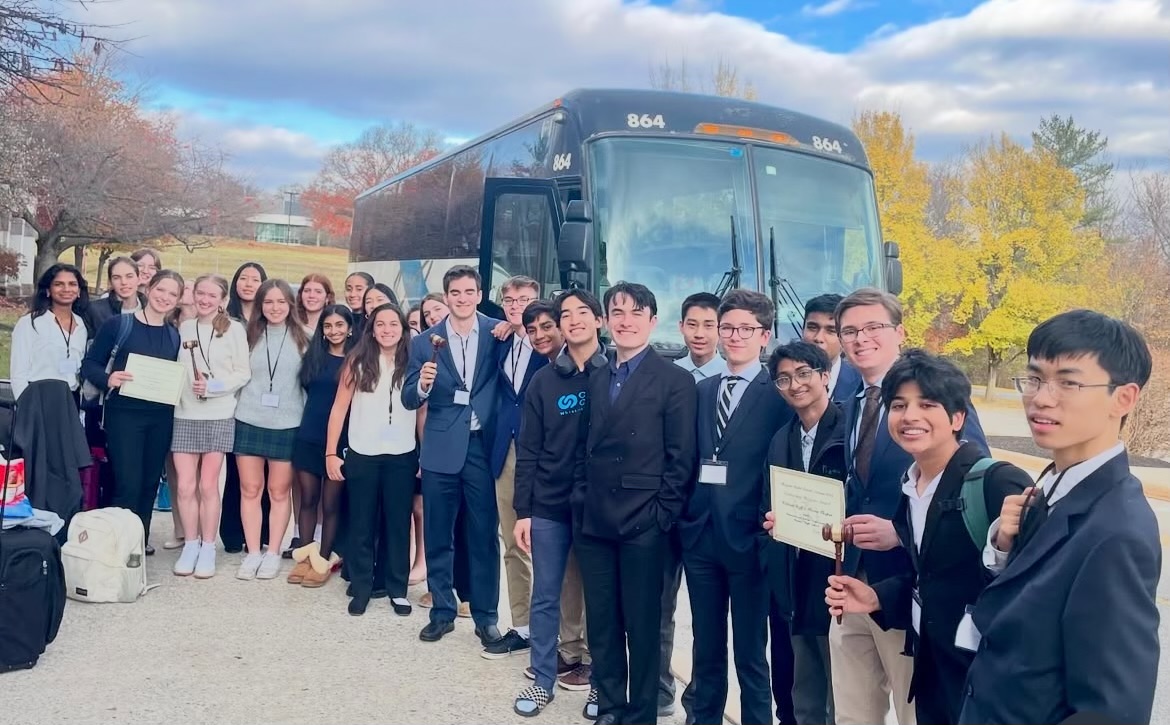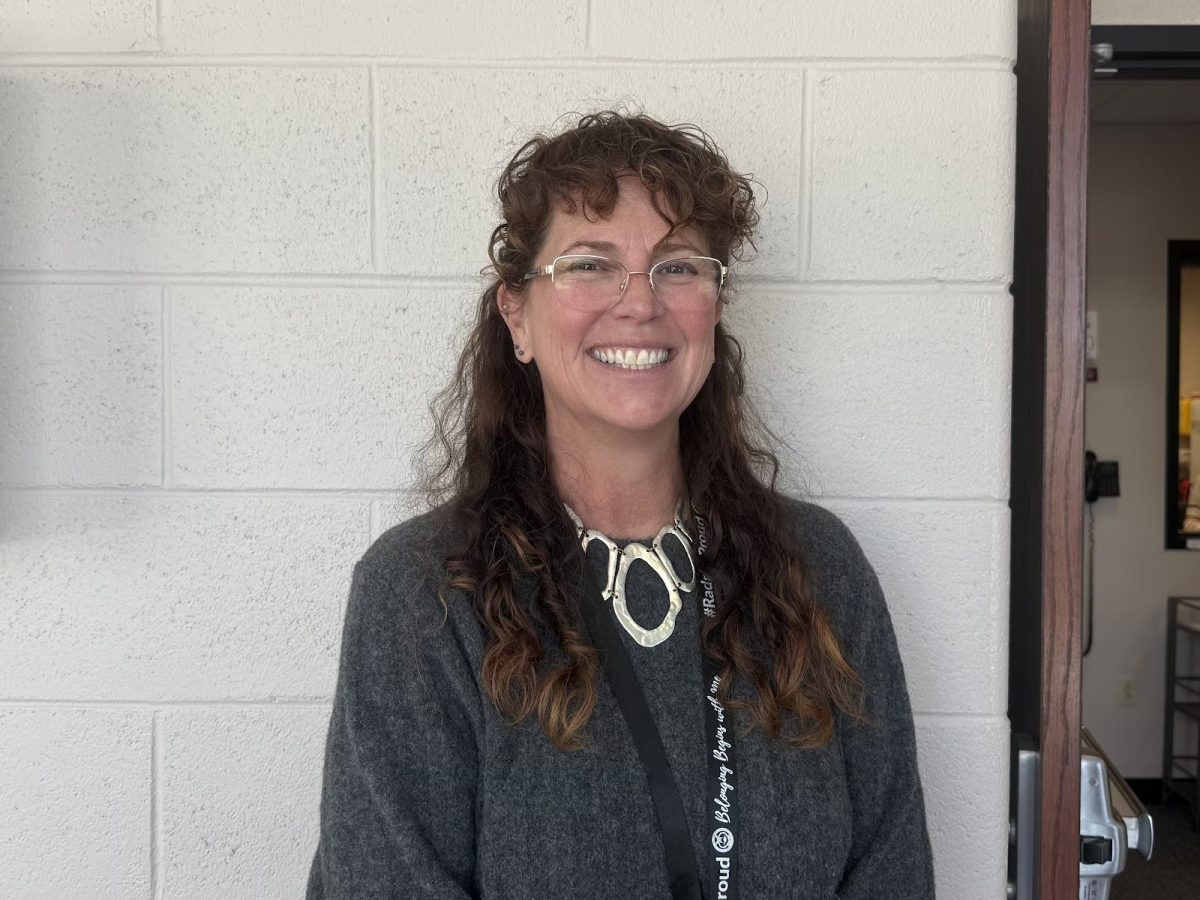Even kindergarteners know the difference between needs and wants – whether it be from their elementary education or the catchy Jungle Book tune “The Bare Necessities,” from an early age, humans learn the bare necessities of life.
These separate ideas blur in certain aspects of society. For example, May 2 to September 27, 2023 marked the long 148-day stretch in which the Writers Guild of America (WGA) went on strike. The walkout left fans across the globe desperate for their favorite shows and movies. A simple skim-through of any article or social media post on the strike reveals countless comments begging for the writers to stop their protests. After all, doesn’t everyone need their entertainment?
My tangent has a point: the binge-watching-crushing and movie-night-canceling WGA strike devastated the average consumer’s wants, but not their needs.
Unlike Netflix and other entertainment , food is essential to a human’s life. According to the School Nutrition Association, about 28.5 million American students buy school lunch every single day. Food is necessary to empower students and staff through the long days of school, and the RHS food service team works tirelessly to plan and provide our community with just that: nutritious breakfasts and lunches.
The only problem? From January 8th to January 18th, the team had an extra barrier.
“The high school deals with a couple different vendors,” RHS Food Service Coordinator Maureen Pearlingi told me. “The majority of our food comes from US Foods, a relationship that has existed for quite some time.”
For that period of ten days, US Food Service workers went on strike – just like the WGA did. In her fifteen-year experience in food service (two with Radnor), Mrs. Pearlingi had never witnessed a strike from this vendor. “It was completely out of character,” she described. “US Foods has always been a vendor that’s provided schools with good quality foods reliably and on time.”
While Radnor wasn’t given the specifics, the representative at US Foods gathered that it was most likely the food delivery drivers who were walking out, but the “reasoning for the strike wasn’t disclosed.”
Mrs. Pearlingi and the RHS food service team were abruptly put to the test in order to work around the inconveniences of the strike. Thankfully, Mrs. Pearlingi shared that “as a rule of thumb, we typically place our deliveries two weeks – I’m always prepared for two weeks for the main menu option… so for that, we were fine.” However, “where [Radnor] did see shortages were in our popular items from breakfast, dairy, and condiments.” Even our seemingly endless supply of Uncrustables depleted.
When I asked Mrs. Pearlingi if she had received any complaints, she immediately smiled and shook her head. “This job is so rewarding… the students and staff were patient with us, and we let admin know in order to ensure that the kids knew what was happening and that it was out of our control. We were doing the best we could, and the kids were fine with that.” To problem-solve, Mrs. Pearlingi and her team contacted Radnor’s other, smaller and more limited vendors who “helped… a lot through emergency deliveries.” The cafeteria also relied on produce that was sourced from the government agency. Had the strike lasted longer, effects more serious than missing ketchups and muffins might have occurred. For now, it’s important to remember Radnor’s privilege: our district was lucky enough to have resources and other vendors to call upon in this unprecedented stoppage of work. “We’re just glad that it’s over,” Mrs. Pearlingi remarked. “We’re really so fortunate in this school district.”
American workers across the board are seeking change amid the rising inflation levels. With each successful protest, more employees are motivated to attempt to meet their own demands. Perhaps the US Food’s union was one of these bodies fighting for better conditions. Although short-lived, the US Food strike was a wake-up call for Radnor students and staff to remember how incredibly lucky our community and cafeteria truly is.
To Mrs. Pearlingi, who has served in her role for two years, “the kids [have been] respectful, courteous, and appreciative.” However, when I gave her an opportunity for feedback for students, she didn’t hesitate: “I never want students to think that they can’t approach us. I’ve worked from elementary up to college level, and the biggest thing I say is this: talk to us.” She continued on, noting, “If there is something you want or are concerned about, just ask us. Just communicate with us – we’re all people.”
Moral of the story? We can all agree that the RHS food service team, headed by Maureen Pearlingi, deserves endless gratitude and appreciation. The Radnor community is grateful for the services the cafeteria delivers to continually provide us with our breakfasts and lunches (even through a surprise strike).
A final friendly reminder from Mrs. Pearlingi: breakfast at school is FREE… so long as you take a piece of fruit!








